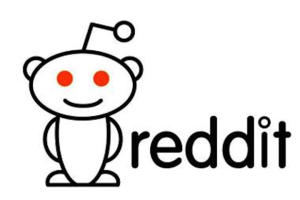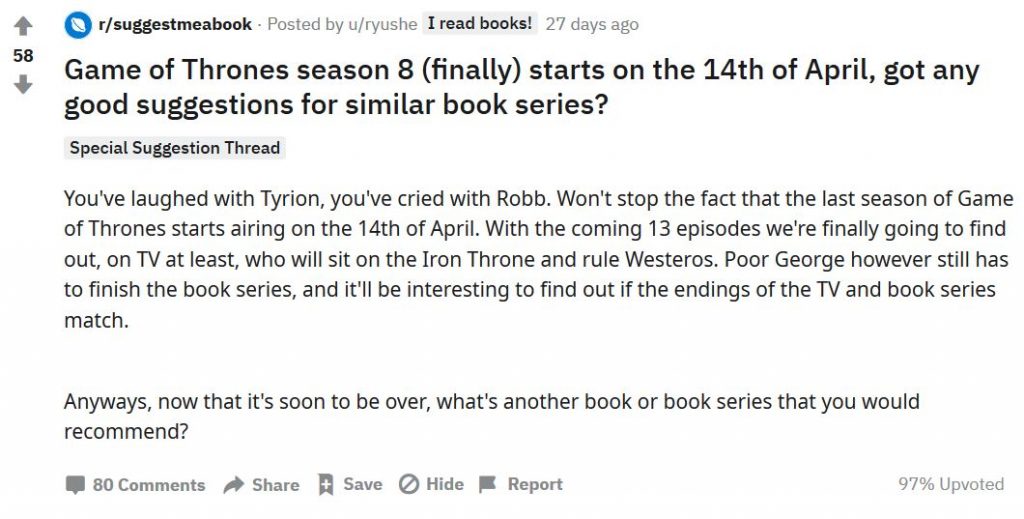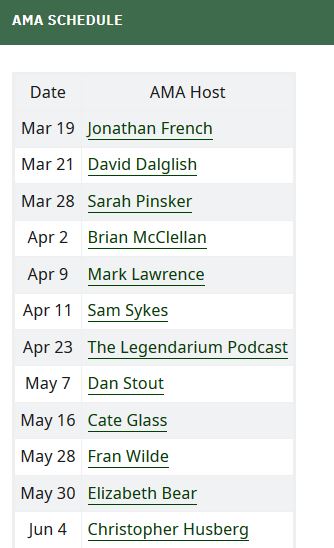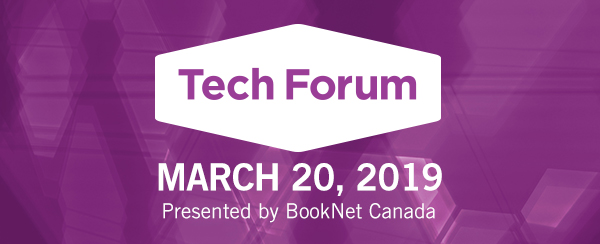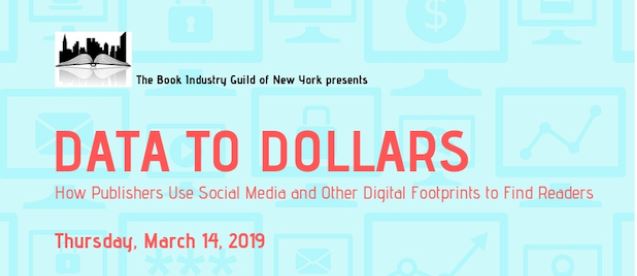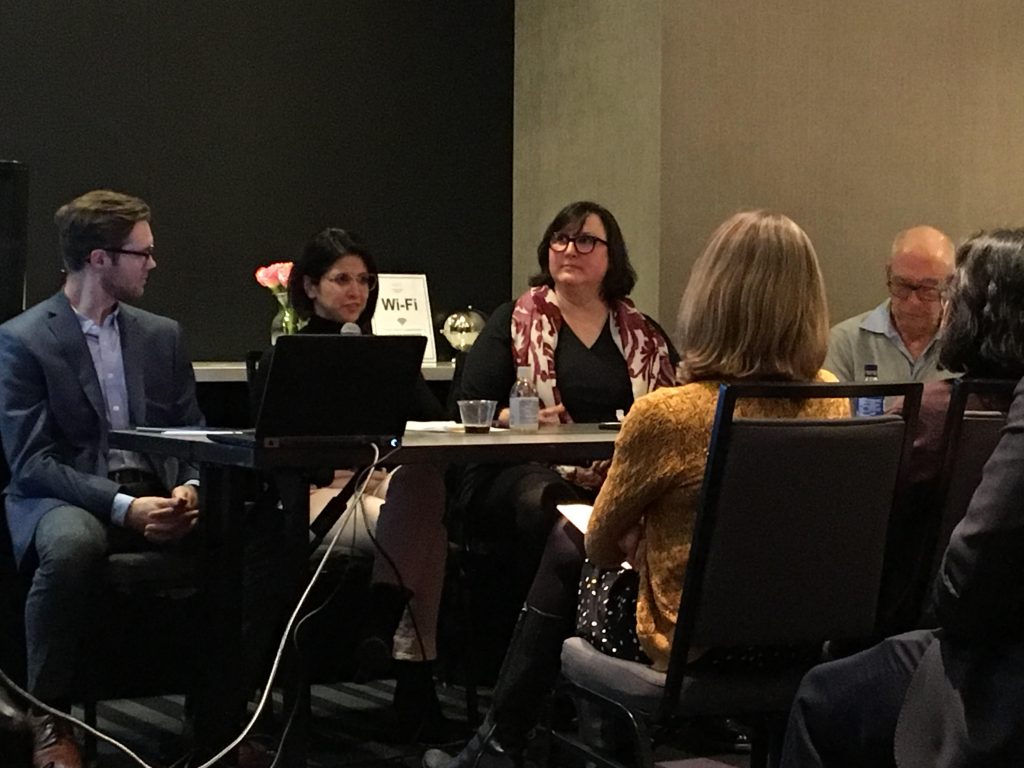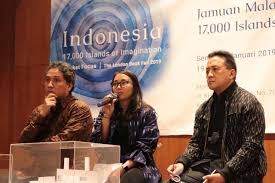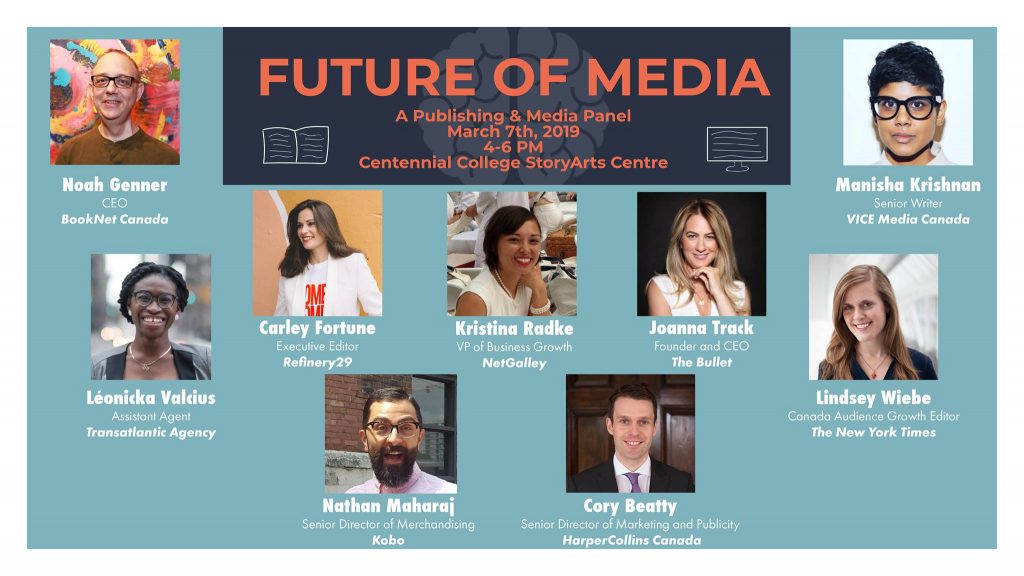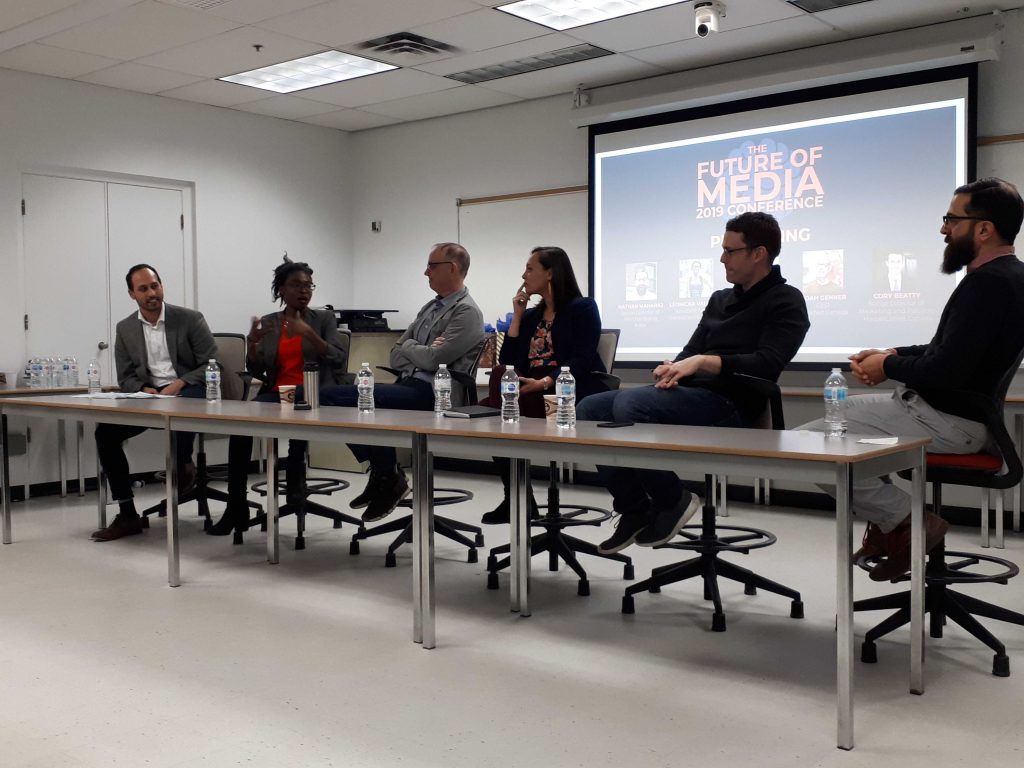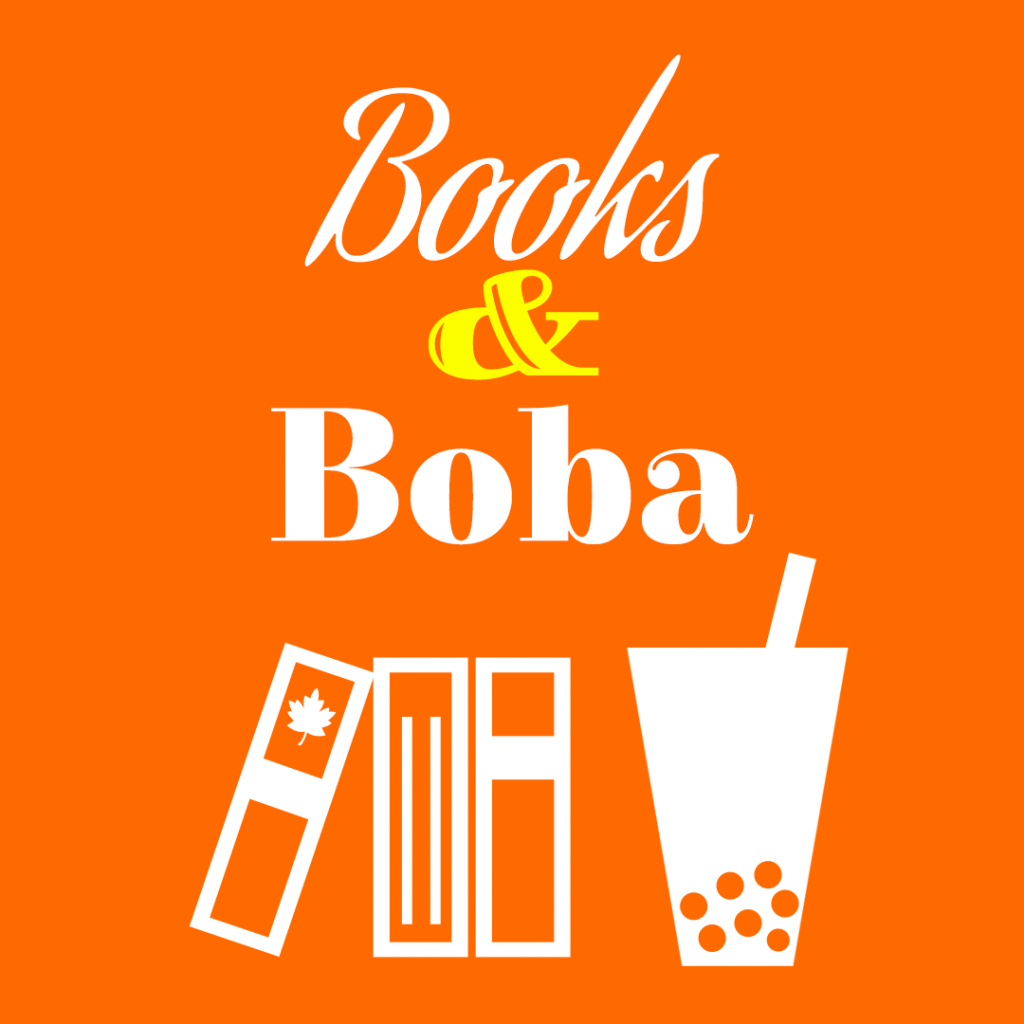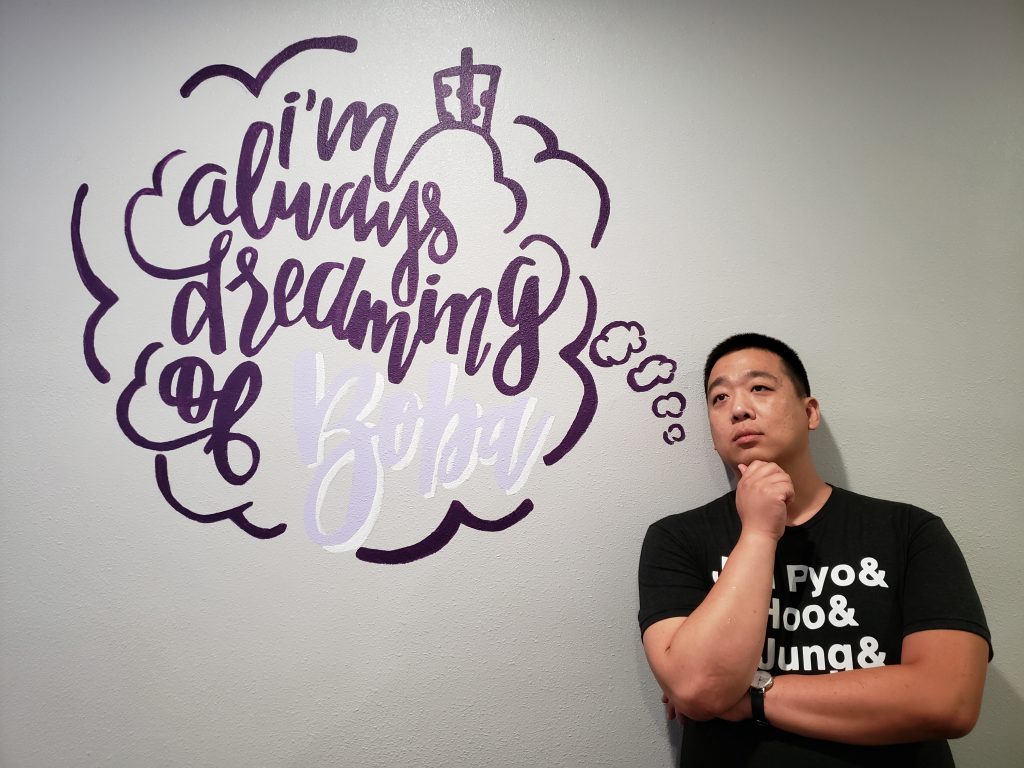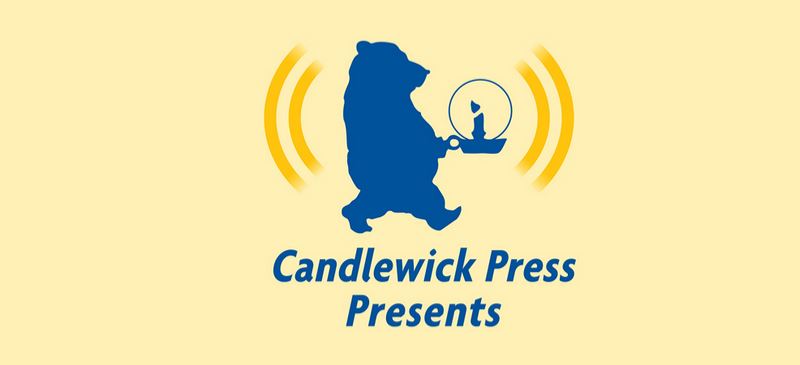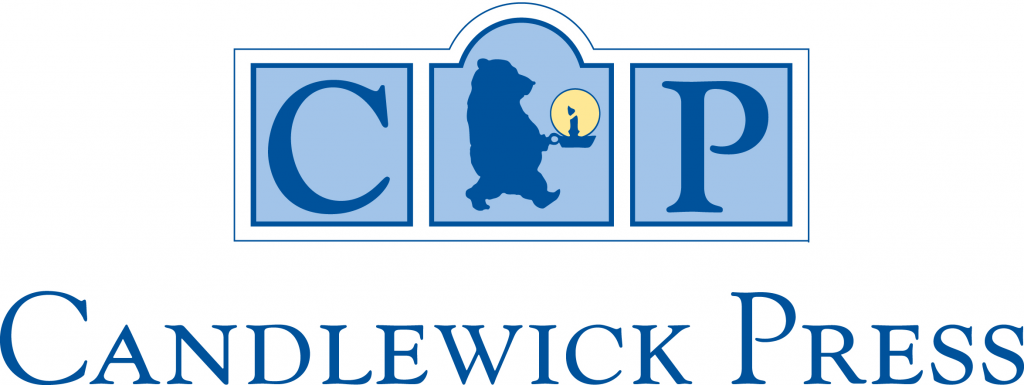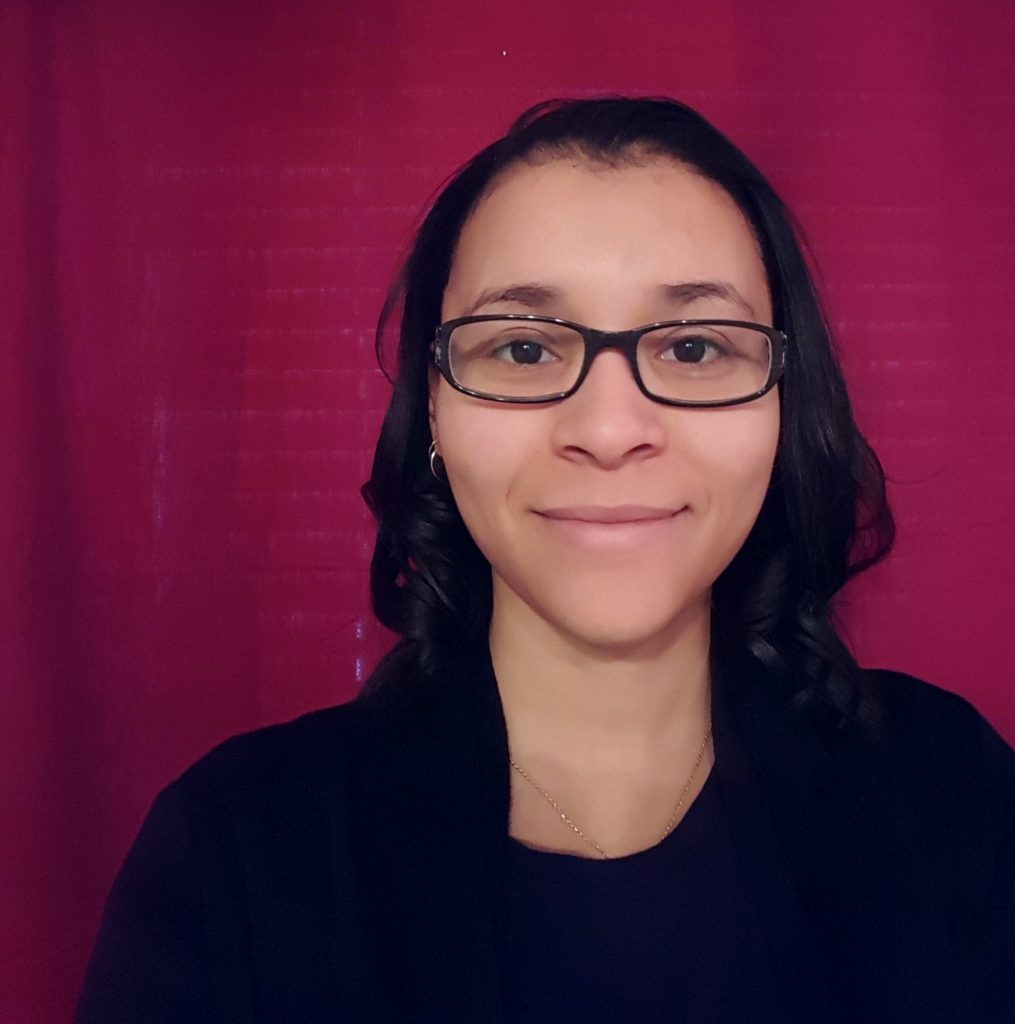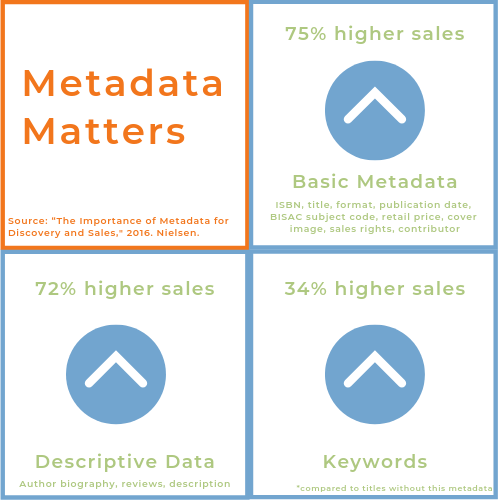Upcoming conferences, panels, webinars, and networking opportunities
There is always a wide variety of programming available to help publishing professionals connect with one another, grow their skill-sets, and stay abreast of changing trends and emerging strategies. On NetGalley Insights, we’ll be sharing the events we’re most excited for on a monthly basis.
Here’s what we’re looking forward to in May!
If you know of an upcoming event for June or after, email insights@netgalley.com so we can feature it.
US
BIGNY: Road Warriors: The Life & Times of Field Sales Reps
Panel – Sales
May 9, NYC
“They put books on the shelves of our favorite places to buy books. Come hear their stories!”
Kickstarter: The Next Page: Creating the Future of Publishing
Digital Conference – Strategy
May 11
“The past 20 years have ushered in considerable changes in the world of publishing. Today, publishers and writers face urgent questions about how to create connections with readers and how to authentically represent the full range of human experience.
Kickstarter and Fireside invite the many stakeholders in the world of publishing to contemplate these big questions and begin to consider what the next decade of publishing will look like. This pioneering digital conference will be streamed live for free so anyone with an internet connection can watch and join the conversation about how to create a more inclusive and vibrant publishing landscape.
Panel topics will include:
- Connecting the Future: Technology and Publishing
- Radically Inclusive Publishing
- Cultivating Community in Publishing
- Paying the Way: Economic Sustainability in Publishing”
IBPA: Ask an IBPA Board Member series: Joshua Tallent
Webinar – Data
May 14
“Available to IBPA members only : The series features a different IBPA Board member each month, ensuring that IBPA members receive a unique point of view each time they join.”
Women’s Media Group: FUNdraiser: Women Authors of Comedy Night
Fundraiser – Networking
May 15, NYC
“Humor + Cocktails (or Mocktails) + Friends = Fun! We all need a good laugh right about now, so come out and have lots of them as 8 amazing authors/comedians take the stage for a rare WMG evening event in support of our fellowship/scholarship program. The night starts with a networking cocktail hour that includes 2 drinks and delicious passed hors d’oeuvres. Then we’ll sit back in a room to ourselves and enjoy tons of fresh comedy from [a] super lit line-up…”
IBPA: Greening Your Publishing Program
Webinar – Production
May 15
“Can you afford to be green? Patagonia publisher shares what she’s learned about sustainability in book publishing.”
BISG: Project Update: Open-Access eBook Analytics Research
Webinar – Standards (scholarly publishing)
May 21
“For the past year, BISG has worked with the University of Michigan, the University of North Texas, and Knowledge Unlatched to explore ways to improve what we know about the specification and use of open-access monographs. The project was sponsored by the Mellon Foundation and included a summit held in December 2018. This webinar provides an update on the project and an introduction to a white paper published by BISG.”
ECPA Webinar: Metadata Revolution: How Eloquence on Demand Helps Christian Publishers
Webinar – Strategy
May 22
“Your metadata is the message you send to consumers. With radical changes happening in the Christian retail marketplace, your metadata is becoming even more important than before. Join Joshua Tallent, the metadata master at Firebrand Technologies, as he talks about the metadata revolution, and how the Eloquence on Demand system can help you solve modern publishing problems.”
Society for Scholarly Publishing: 41st Annual Meeting
Conference – Strategy
May 29-31, San Diego
“Shaping the Status Quo: Global Perspectives in Scholarly Publishing. The Society for Scholarly Publishing heads back to the west coast for its 41st Annual Meeting. Looking out into the vast Pacific in San Diego will be a good opportunity to reflect on the (literal) wide world of publishing. Scholarly publishing is flourishing in new and exciting ways across the world, including Asia, India, and the Global South. As we move together into new eras of sharing research, it is important to make efforts to shrink the distance among stakeholders in publishing, enabling coordinated discussion and problem solving.”
Audio Publishers Association: APA Conference
Conference – Audio
May 29, NYC
Day conference with business track and production track.
Conference – Strategy and Networking
May 29-31, NYC
“Publishing industry’s leading trade event, where Booksellers, Librarians, Publishers and Tastemakers gather to discover the latest titles, authors, distribution channels, technology and trends. At BookExpo you can get an edge in your business by attending cutting edge education sessions, and making new connections to help you grow your business.”
UK
BookMachine: Understanding InDesign: Marketing & Creatives
Workshop – Professional Development
May 21, London
“Transform your career with this one-day hands-on practical course which will guide you through designing, creating and editing flyers, leaflets, posters and other sales and marketing materials in Adobe InDesign. There is no prior experience of InDesign assumed. The professional techniques taught during the day also serve as an ideal introduction to confidently working with book files.”
BookMachine: Talking Tech Literacy
Panel – Technology
May 22, London
“Publishing has a problem with tech. Everyone is talking about it and many want to learn to code, but if you don’t know what you don’t know, you can’t do it, right? Well, we’re here to help. A panel of tech champions will explain exactly what different terms are and how you can get started with them. They’ll boost your tech literacy by explaining:
- Cascading Style Sheets (CSS) – what they are and how they can make ebooks more beautiful.
- Ruby – not just a sparkling jewel but also the perfect first step into coding.
- Apps – where to start and what not to worry about.
Want to be a tech-savvy publisher? Then this is the event for you.”
BookMachine: Understanding eBooks
Workshop – Technology and Production
May 28, London
“Do you want to be an ebook expert? Do you want to thoroughly understand the market? Plus have the practical skills to code your own books? Join industry expert Ken Jones for this two-part one-day course.”

